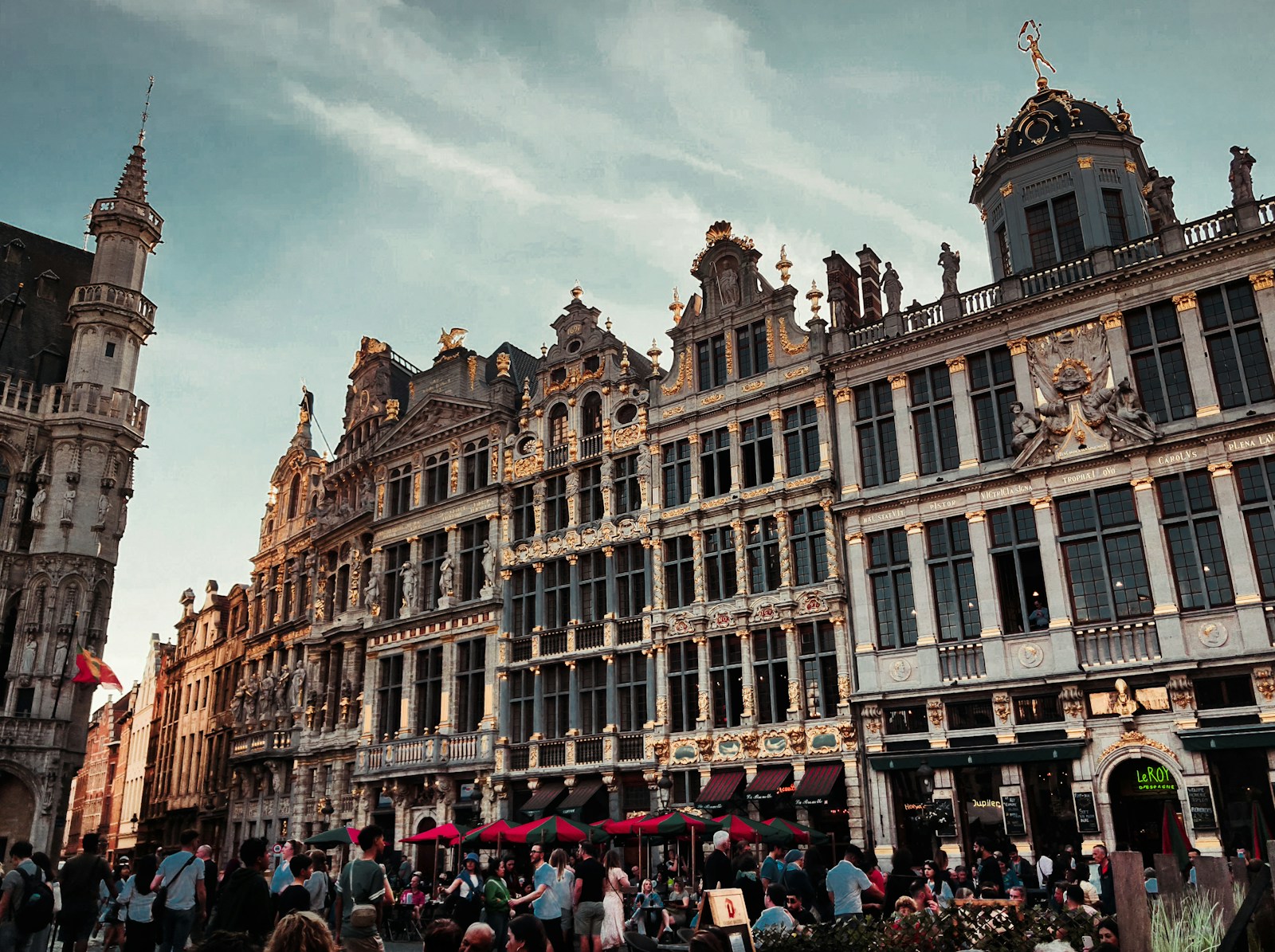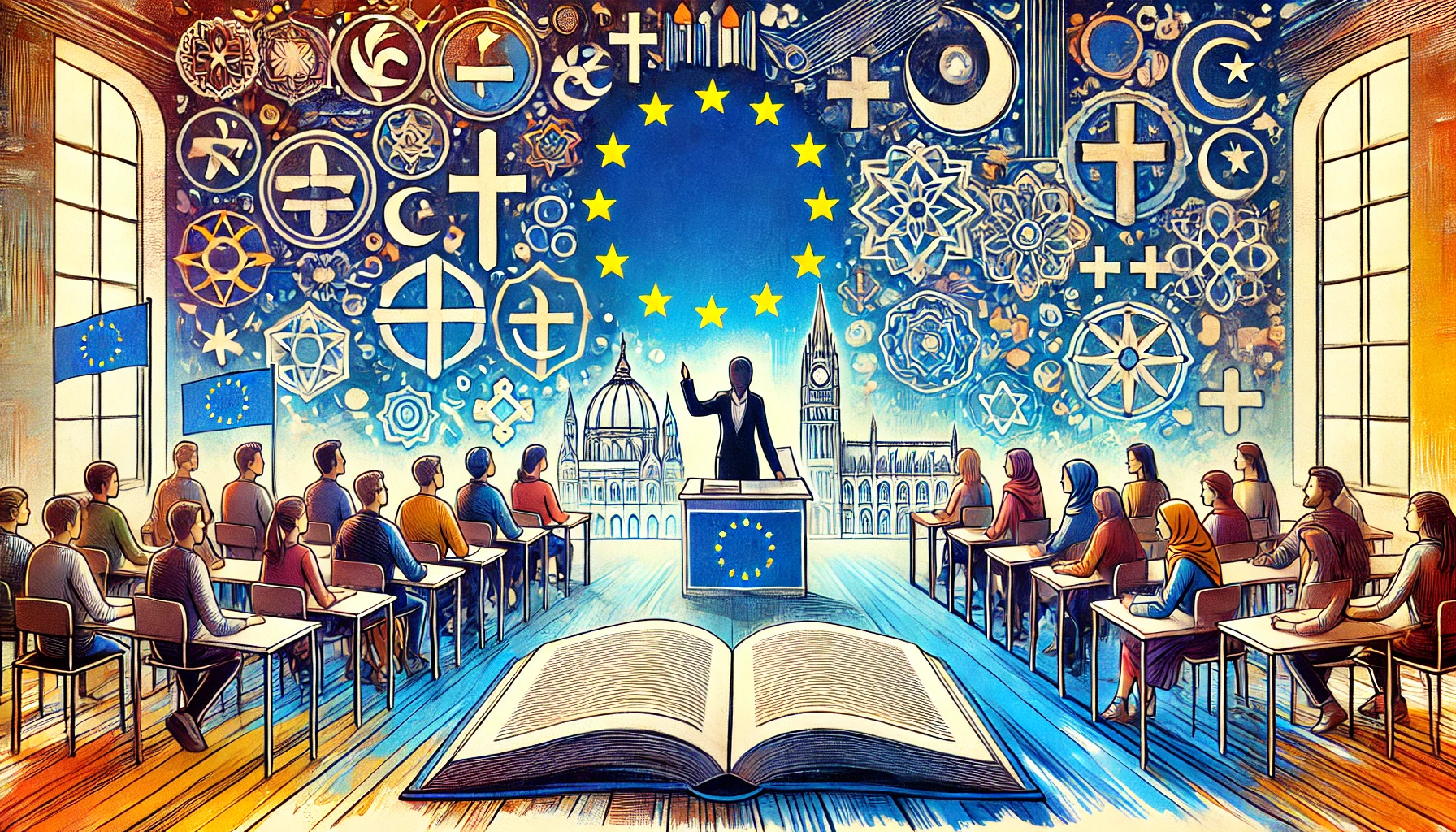Commission President Ursula von der Leyen joined EU Heads of State and Government yesterday for the last European Council summit of the year and the first one under the chairmanship of the new President António Costa.
The Leaders’ focus was on Ukraine and on the situation in the Middle East.
Early in the summit, Leaders welcomed the President of Ukraine, Volodymyr Zelenskyy, who spoke about the situation on the ground and what Ukraine needs as it continues to defend itself.
President von der Leyen insisted that Ukraine must prevail, and that bolstering Ukraine is a moral and strategic imperative for the EU. During the closing press conference, the President said: “Europe has so far provided Ukraine with almost €130 billion. We have secured economic and financial stability until the end of 2025. That is good news. And with the Ukraine Facility and our G7 loan, we are even covering most of Ukraine’s financing gap for 2025. This is a major achievement. And it will also allow Ukraine to have more fiscal space to purchase the much-needed military equipment.”
She mentioned the special challenge posed by Russia’s attacks to the Ukrainian energy system: “Russia is systematically targeting it. We are constantly repairing it. But there is still a capacity gap,” she said, stressing the urgency to improve interconnectivity with the EU grid, do more on repairs, and further decentralise electricity generation.
She also raised the prospect of further progress in Ukraine’s accession negotiations: “If Ukraine keeps up the good work, we should be ready to open the first cluster of accession negotiations early next year.”
Likewise, the European Council discussed the situation in the Middle East and notably in Syria, following the collapse of the regime of Bashar al-Assad.
Leaders insisted on the need of an inclusive, Syrian-led political process in the country, that respects human rights, the rights of women, and those of religious and ethnic minorities.
President von der Leyen talked about what the European Union can do and is already doing to support the Syrian people: “We are now stepping up our support. We have launched a humanitarian air bridge for delivery of aid via Türkiye and Jordan. We have topped our humanitarian aid to more than €160 million for this year alone. As you know, we have had the annual Syria conferences. They can be a powerful catalyser for this. Thanks to these conferences, we have mobilised in the past more than €33 billion. And now we are looking via this channel to continue to support the people in Syria, with a focus on early recovery and reconstruction.”
However, she underscored the need for a “step-for-step” approach. All these efforts should be matched by concrete action by the new leadership in Damascus.
On the issue of Syrians in Europe returning home, the President said that work is ongoing with the UNHCR, which should have access to the whole country, and emphasised that returns must be voluntary, safe, and dignified.
A clear geopolitical role for the European Union
European Council Leaders also held a debate on the EU’s place in the world. They exchanged on the ongoing situation in Moldova and Georgia, as well as on the latest progress on enlargement.
Relations with the US were also discussed, ahead of the inauguration of President-elect Donald Trump next month. There, President von der Leyen spoke clearly of the need to engage on a positive agenda with the President-elect: “This especially as we are significant trading partners and share deeply integrated markets and supply chains. We have a joint interest in addressing global economic challenges such as Chinese overcapacity. At the same time, we are preparing ourselves for various scenarios.”
Source link
source link eu news















